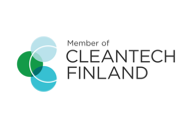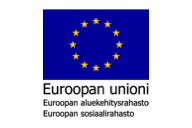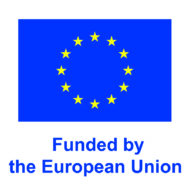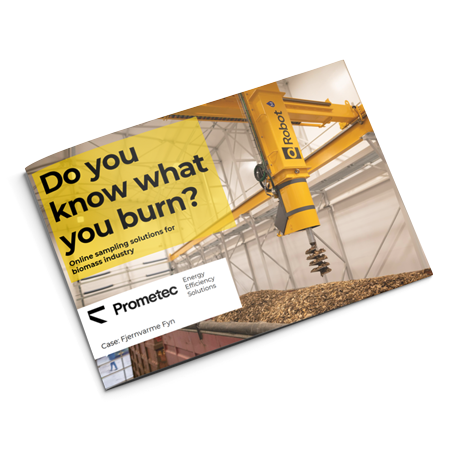EU Green Deal and Q-Robot – from fossil fuels to biomass
I listened with an interest to the Bioenergy Winter Days (28.1.2021) presentation, in which Bioenergy Europe associations Giulia Cancia reported on the bioenergy situation in Brussels. In EU countries, the use of biomass for heating has grown steadily since 2000. According to Giulia Cancia presentation based on Eurostat statistics, in 2018 the share of biomass in heating was 16.7%. By 2030, the figure should rise to 25%. Bioenergy Europe, predicts that the use of biomass will increase the most in the residential and industrial sectors.
The review was naturally linked to the EU’s Green Deal and the decarbonisation of the EU’s energy system. More than 75% of the EU’s greenhouse gas emissions come from energy production and use. According to Giulia Cancia, in 2017, Hungary, Lithuania, Estonia, Latvia, Luxembourg, Poland and Finland used the most bioenergy in the EU. Large EU countries such as France and Germany lagged far behind in comparison.

According to Bioenergy Europe association, the use of bioenergy relies mainly on the sustainable use of biomass. The question is, what are the barriers to the transition from fossil fuels to biomass combustion in power plants?
FACT 1:
The biomass material can be anything from straw stalks to felling waste, from branch pieces to plant leaves.
Solution: Prometec’s Q-Robot takes an automated sample of the material at the moment of arrival at the power plant and sends the data to both the power plant and the material driver. Q-Robot is able to take samples of all kinds of crushed and granular materials.
FACT 2:
A large number of power plants use an oven drying method to analyze biomass samples, the result of which is completed approximately two days after sampling. Quality information cannot be utilized in process or combustion optimization.
Solution: Prometec’s Q-Robot works in real time. The quality data can be utilized already when the truck transporting the material is at the sampling point. It enables the optimization of the process: a truck transporting poor quality biomass can be turned away, a certain quality of biomass can be stored in terminals, for example for frosty periods. For example, dry biomass should be directed to a terminal storage and wetter for direct incineration, as studies have found that the shelf life of wet biomass material is poorer. Sampling takes less than 10 minutes.
Different biomasses can be mixed to form an optimal fuel mix. When quality data is utilized proactively, for example, dry and moist biomass can be alternately directed into the power plant’s discharge channels so that the moisture fluctuations in the fuel are evened out in the boiler`s material supply.
FACT 3:
Some power plants authorize the truck driver to take a sample of the biomass they transport. The driver may act either knowingly or unknowingly incorrectly when taking a sample. Drivers have been studied to take drier samples than the fuel load actually is, as it affects the price of the load to their advantage. There is also an occupational safety risk associated with sampling: there may be a risk of falling or being injured when working at an unloading site.
Solution: The Q-Robot always takes a sample systematically at random from the entire load area at different depths. In addition, the robot sampler auger is always clean and the material is never mixed between suppliers or species.
FACT 4:
In Scandinavian and Northern European conditions, the load brought by a biomass truck may contain snow and ice in winter, which affects the weight of the load and the quality of the biomass.
Solution: Q-Robot tells you the exact energy content and moisture of the fuel. According to a VTT study, there is an error of up to 2 percentage points in moisture in determining the quality of biomass, which contributes to the price paid for fuel, the optimization of fuel logistics and the combustion process. Together, these affect the profitability of biomass combustion relative to, for example to coal.
Our company was founded in 2012 and currently employs 15 people. We operate in three countries. Q-Robots are currently in use in Finland, Sweden and the Baltic countries. We believe that our total solution will play a key role in reducing the use of fossil fuels in the EU’s Green Deal in the coming decades – Asia will also be a major market for us.
Deloitte believes the same: In January, Prometec Tools was ranked 23rd in the list of Finland’s fastest growing technology companies.







